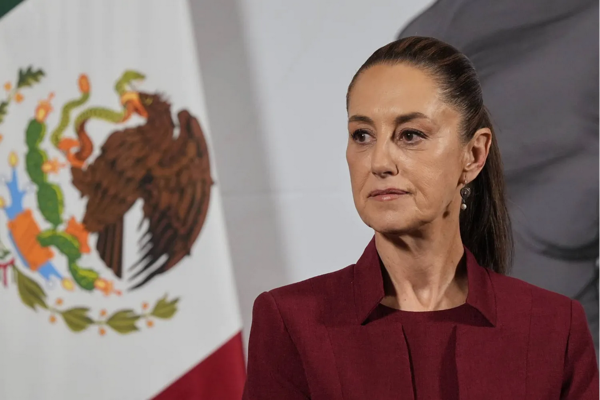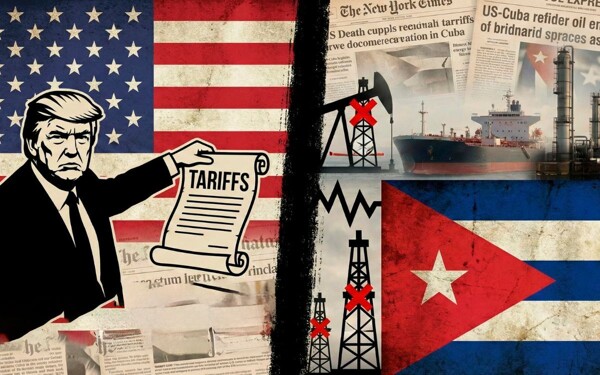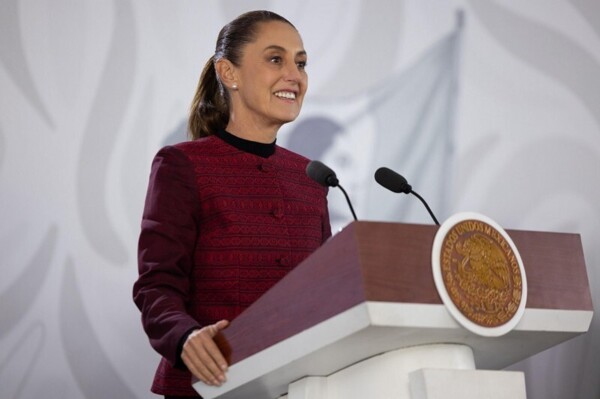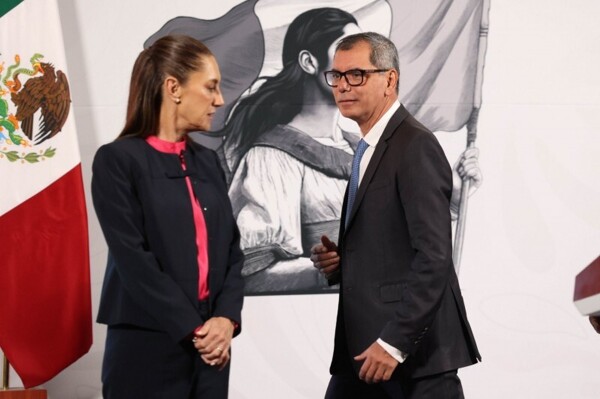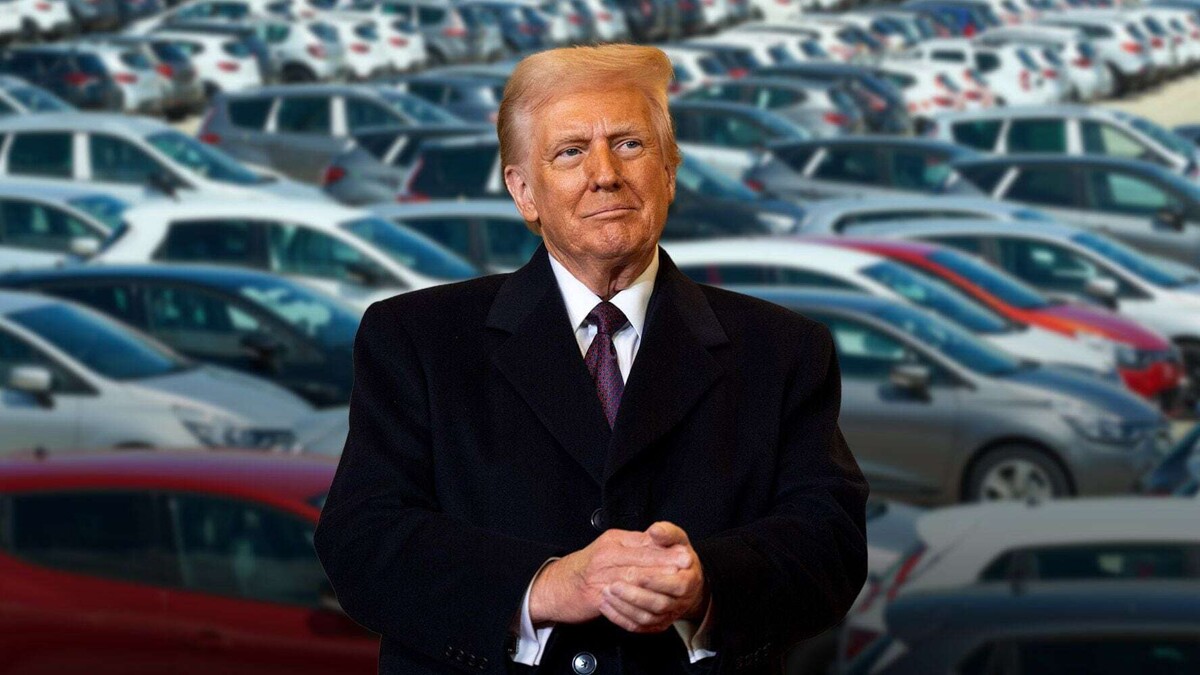
In February, Mexico produced 317,178 vehicles, representing a decrease of 0.83% compared to the same month of the previous year. From January to February, vehicle production reached 629,435 units, with a growth of 0.40% for the industry. Notably, Toyota saw an increase of 98.2% in the production of 24,676 vehicles. On the other hand, Volkswagen and Mercedes Benz experienced declines of 45% and 24.8%, respectively.
The President of the United States, Donald Trump, announced that Mexico would be exempt from the 25% tariffs on items included in the Mexico-United States-Canada Agreement (USMCA) until April. This measure was announced following a call between Trump and Mexican President Claudia Sheinbaum. Exports of new cars in the first two months of 2025 decreased by 11.3% compared to the previous year, with a total of 478,366 vehicles shipped, 61,311 units fewer than in the same period of 2024.
During February, 258,952 vehicles were exported, representing a decline of 9.2% compared to the same month of the previous year. The reduction in exports comes in the context of the United States' threat to impose tariffs on Mexican products, including cars. The brands with the largest declines in exports from January to February were Mercedes Benz with a decrease of 54.9%, followed by Stellantis with 46.1%, and Nissan and General Motors with declines of 16% and 15.5%, respectively.
Despite Trump's threats, light vehicle production in Mexico remains stable compared to the previous year. Major manufacturers such as Toyota reported significant increases, while other brands like Volkswagen and Mercedes Benz suffered declines in their vehicle production and exports. The efforts of some manufacturers, like Stellantis, GM, and Ford, achieved a one-month extension to avoid the proposed tariffs.











